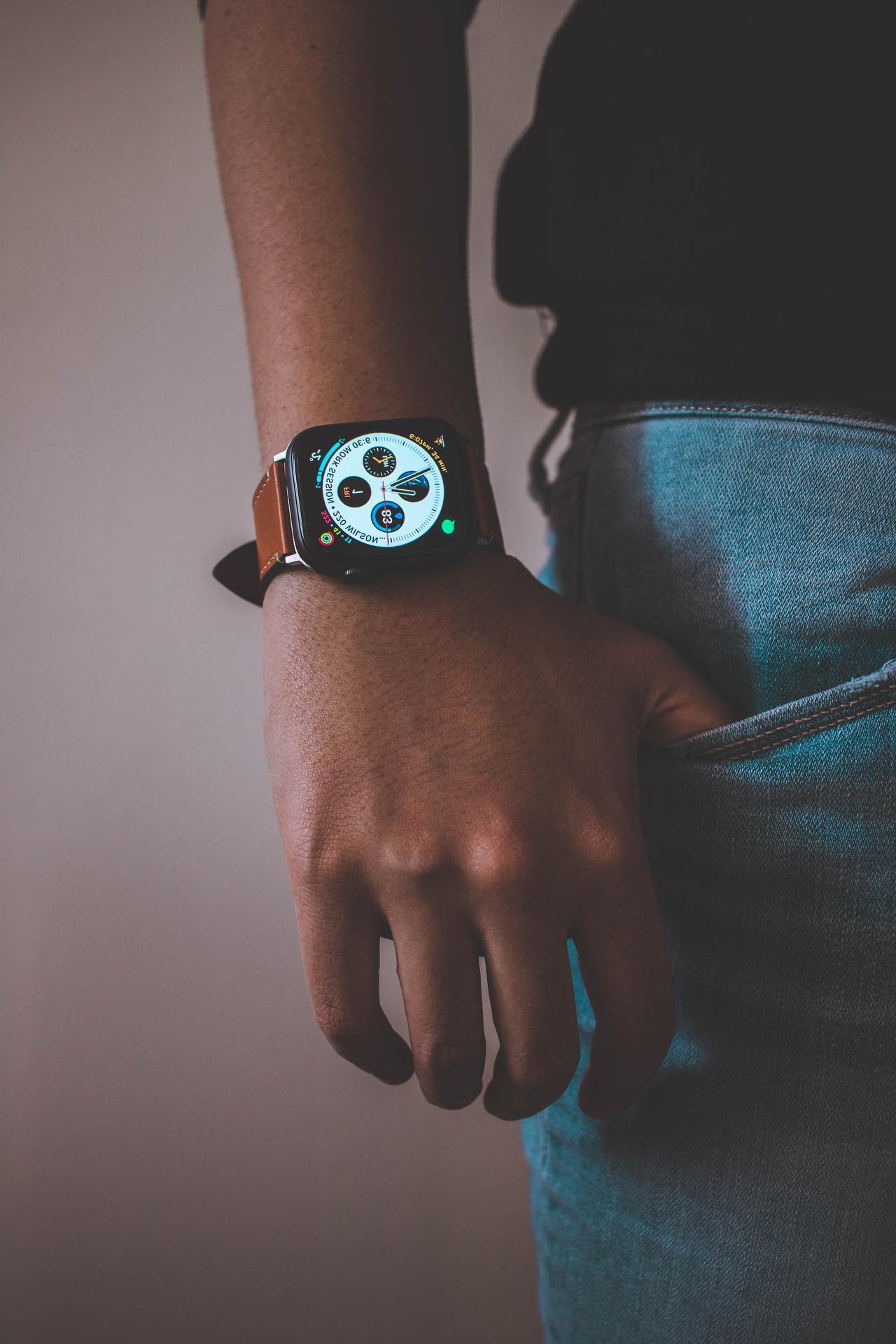Wearable technology is a term used to describe electronic devices and gadgets that are designed to be worn as accessories or items of clothing. This can include devices such as smartwatches, fitness trackers, smart clothing, and even implanted technology.
With the increasing popularity of wearable technology, there has been a growing concern about whether wearable technology is safe or not. In this informed explanation, we will explore the safety concerns related to wearable technology and dispel some of the common myths surrounding it.
Is wearable technology safe?
One of the most common concerns about wearable technology is the potential health risks associated with prolonged exposure to electromagnetic radiation. Many wearables, such as fitness trackers and smartwatches, emit low levels of radiofrequency radiation. However, there is much debate over the long-term effects of exposure to this type of radiation. Some studies have suggested a link between increased exposure to RF radiation and cancer, while others have found no evidence of harm.
Another concern is related to the privacy and security of wearable technology. Wearables can collect sensitive data such as location, health information, and personal conversations. There is a risk that this data may be hacked or stolen, potentially leading to identity theft or other forms of cybercrime.

Reasons why wearable technology is safe.
Now that we have highlighted some of the common concerns related to wearable technology, let's dispel some of the myths surrounding it.
Wearable technology causes cancer.
There is currently no evidence to suggest that wearable technology causes cancer. The levels of radiation emitted by wearables are considered to be relatively low and not harmful to human health. Furthermore, the vast majority of scientific studies have found no link between low-level RF radiation and cancer.
Wearables can track you without your knowledge.
While it is true that wearables can track your location and activity, this is only possible if specific functions are activated and permission has been granted. Wearable technology is no different from any other device that tracks your location, such as a smartphone or GPS device. As long as you keep your permissions up-to-date and configure your device correctly, you can be confident that your location and activity data are secure.
Wearables can be hacked and used to steal your personal data.
This is a common concern about whether wearable technology is safe or not. While it is possible for wearables to be hacked, the risk is relatively low. Wearables have many of the same security measures as other electronic devices, such as passwords, encryption, and two-factor authentication. As long as you keep your device updated and take the necessary precautions, your personal data will remain secure.
Wearables can cause skin irritation.
While some wearables can cause skin irritation, this is usually due to an allergic reaction to the materials used in the device. The majority of wearables are made from materials that are hypoallergenic and safe for most people to wear. However, if you have sensitive skin, it is important to choose a wearable that is gentle on your skin and avoid wearing it for prolonged periods.
Take advantage of wearable technology.
Now that you know that wearable technology is safe, it’s time to take advantage of these new inventions, and Doha Inc can help you do just that. We are a computer and connected devices store that sells the latest computers, mobile phones, wearables, and other devices complete with the latest apps, software, and accessories. We are a turnkey provider that has simplified the process of staying up to date with the latest technology, including the industry’s leading wearable technology.
You can browse our products online, or learn more about our company to discover the Doha Inc difference.
